Letter recognition Normal Alphabet Worksheets for Ages 6-8
46 filtered results
-
From - To
Boost your child's literacy skills with our Letter Recognition Normal Alphabet Worksheets, specially designed for ages 6-8. These engaging, printable activities make mastering the alphabet fun and efficient. Each worksheet focuses on recognizing both uppercase and lowercase letters, enhancing phonemic awareness, and developing essential pre-reading skills. Perfect for classroom use or at-home practice, these resources support beginner readers in identifying letters in various contexts. Help your little learner confidently navigate the alphabet while enjoying visually appealing and interactive exercises. Kickstart their journey to reading success with our expertly crafted letter recognition tools.


Letter E Coloring Sheet
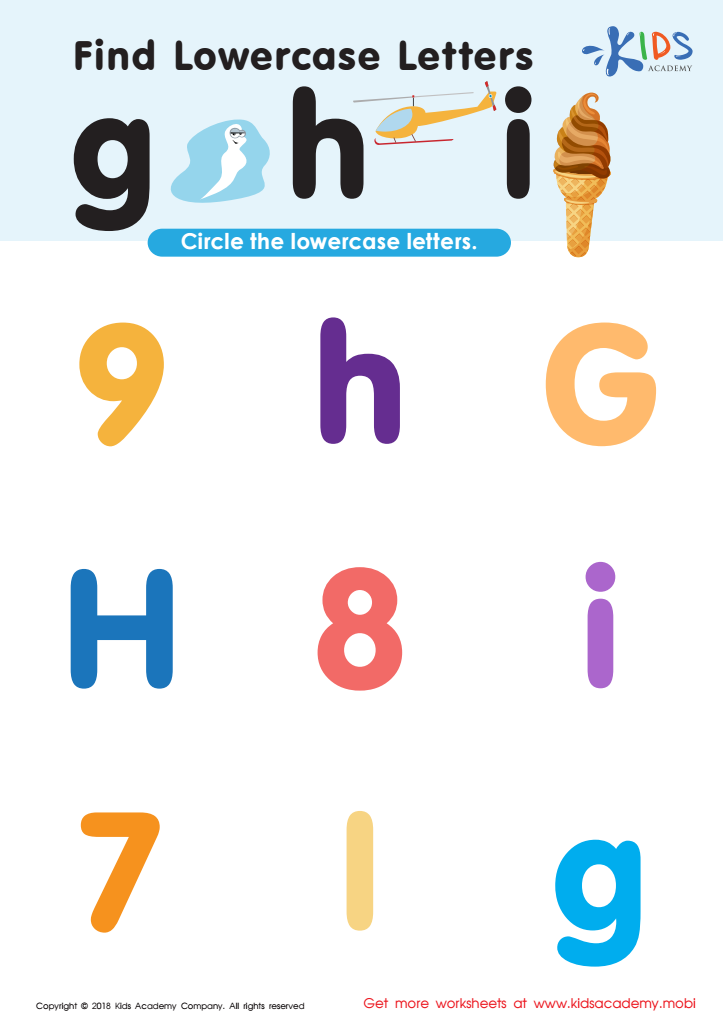

Find Lowercase Letters g h i Worksheet


Letter P Tracing Page
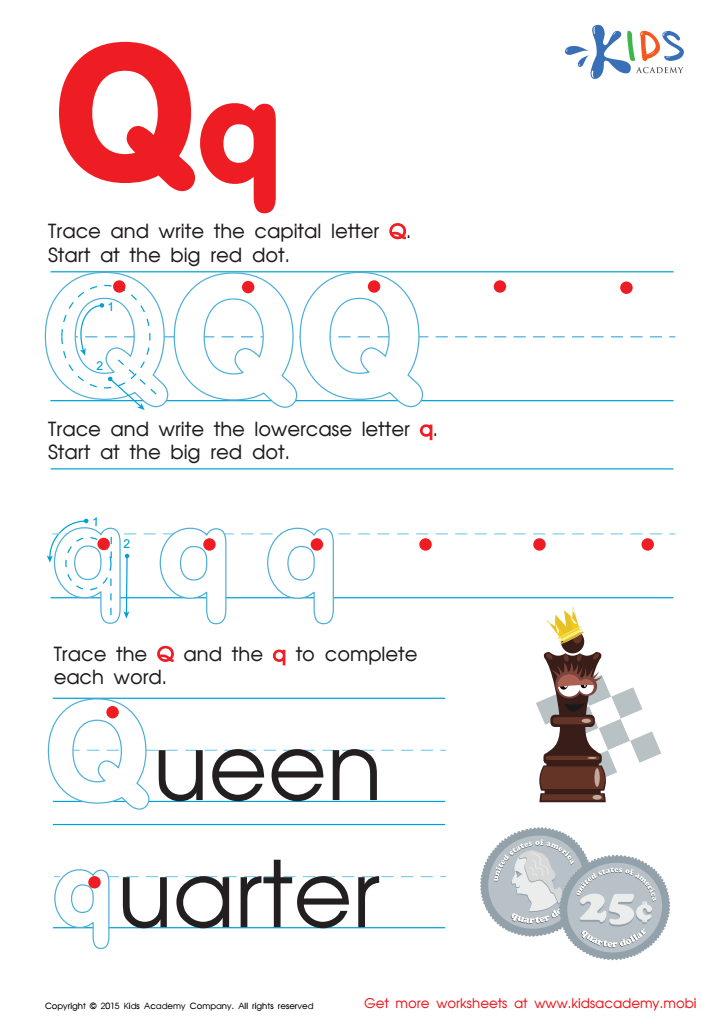

Letter Q Tracing Page
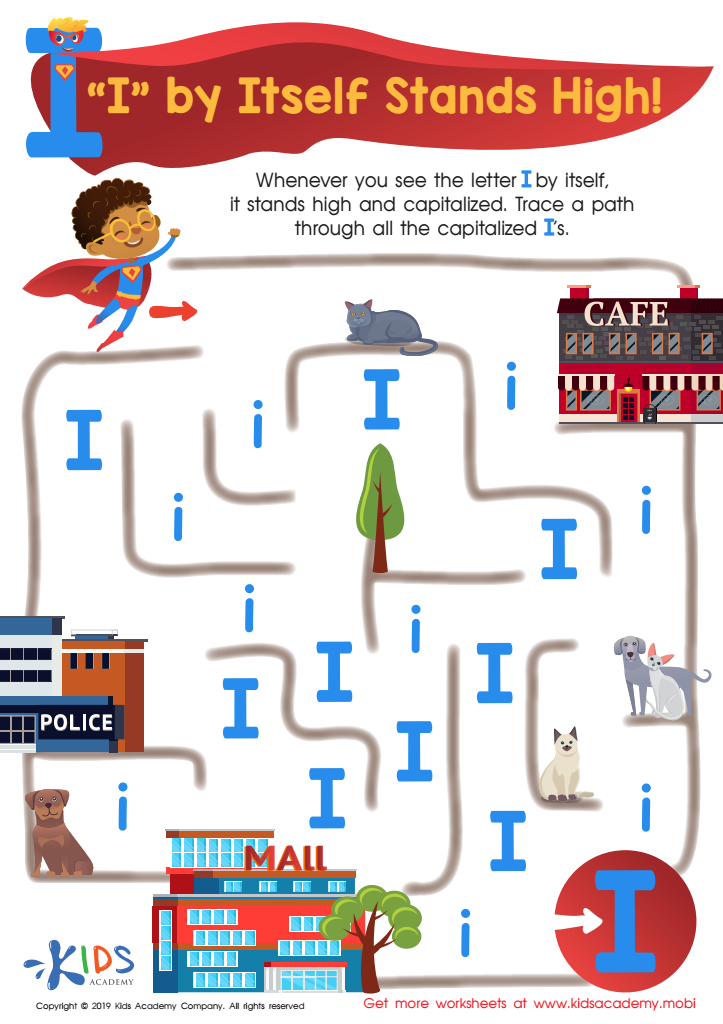

I Stands High Worksheet
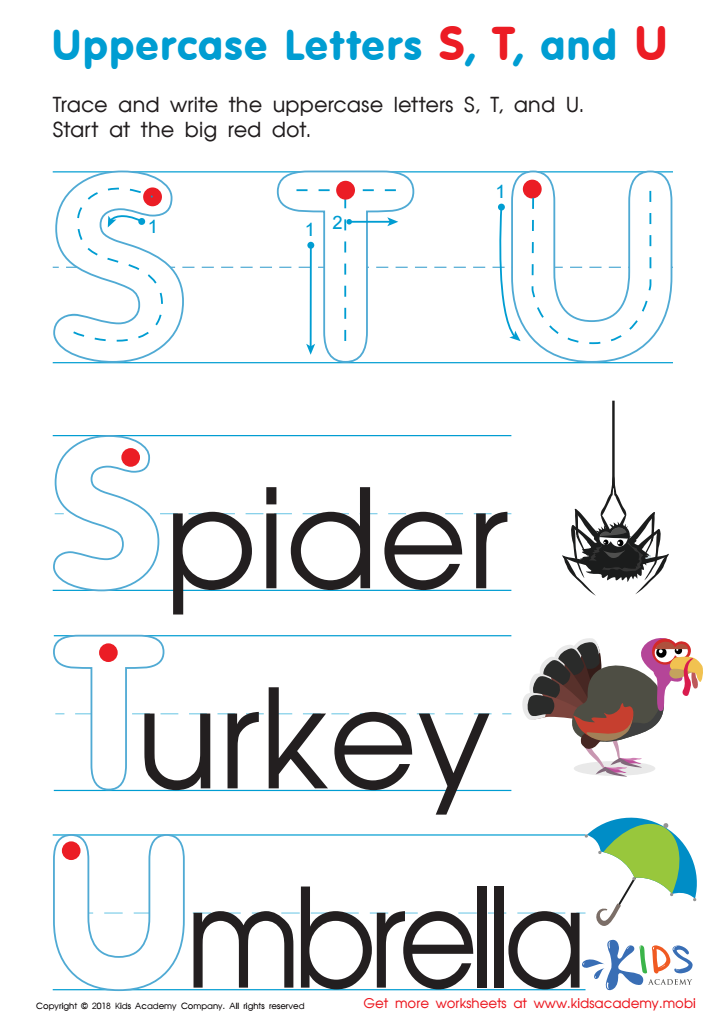

Uppercase Letters S, T, and U Worksheet
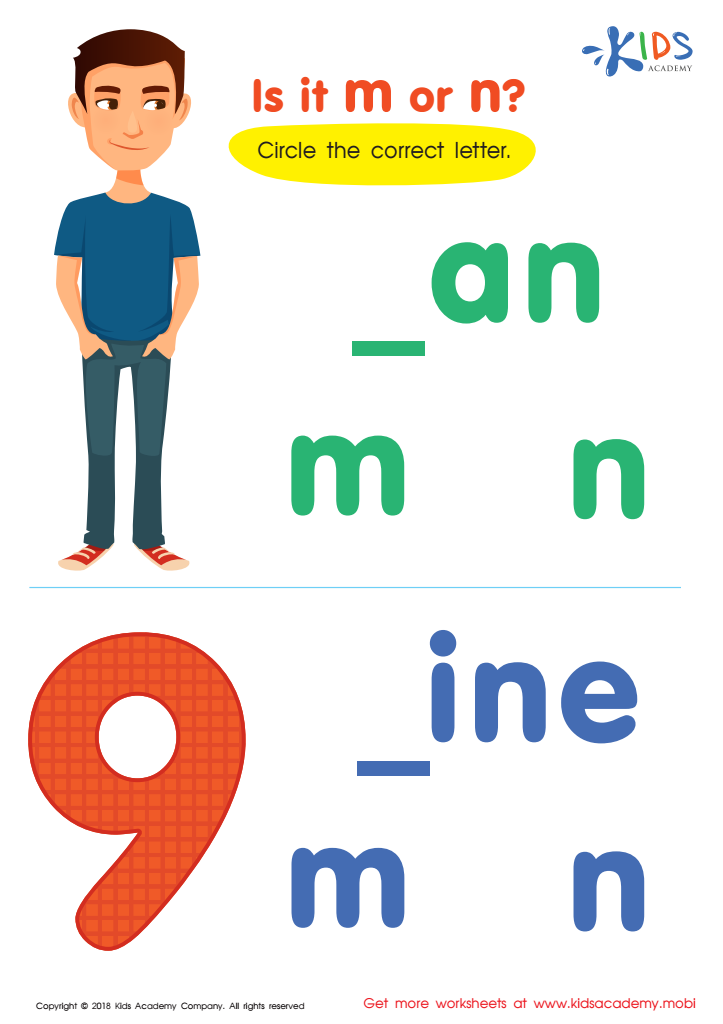

Is It m or n? Worksheet
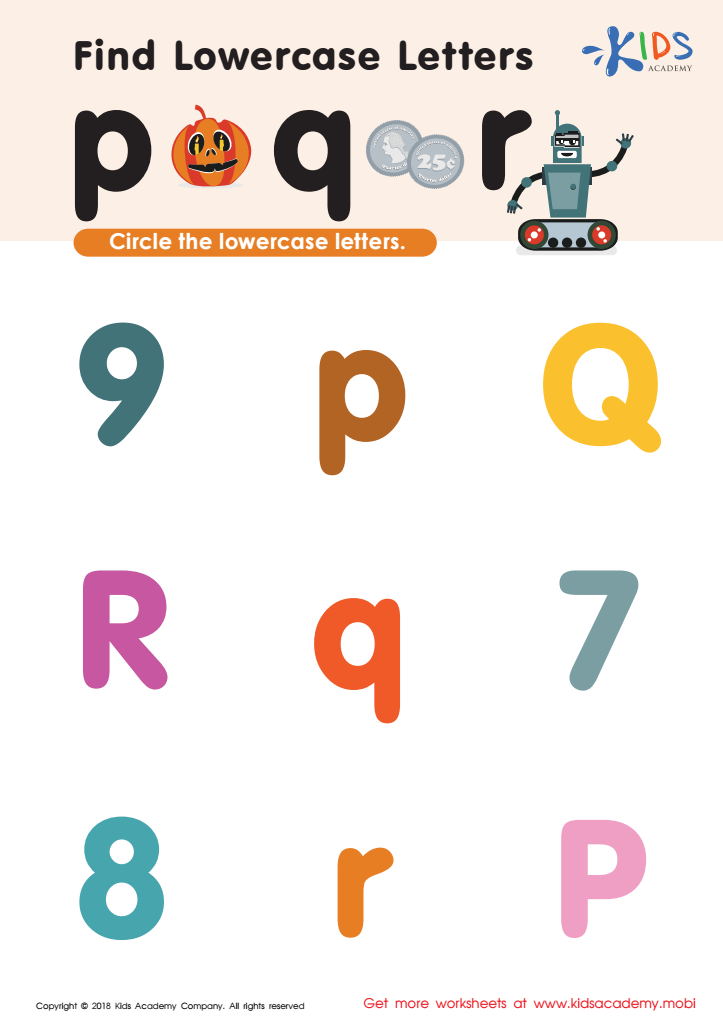

Find lowercase Letters p q r Worksheet
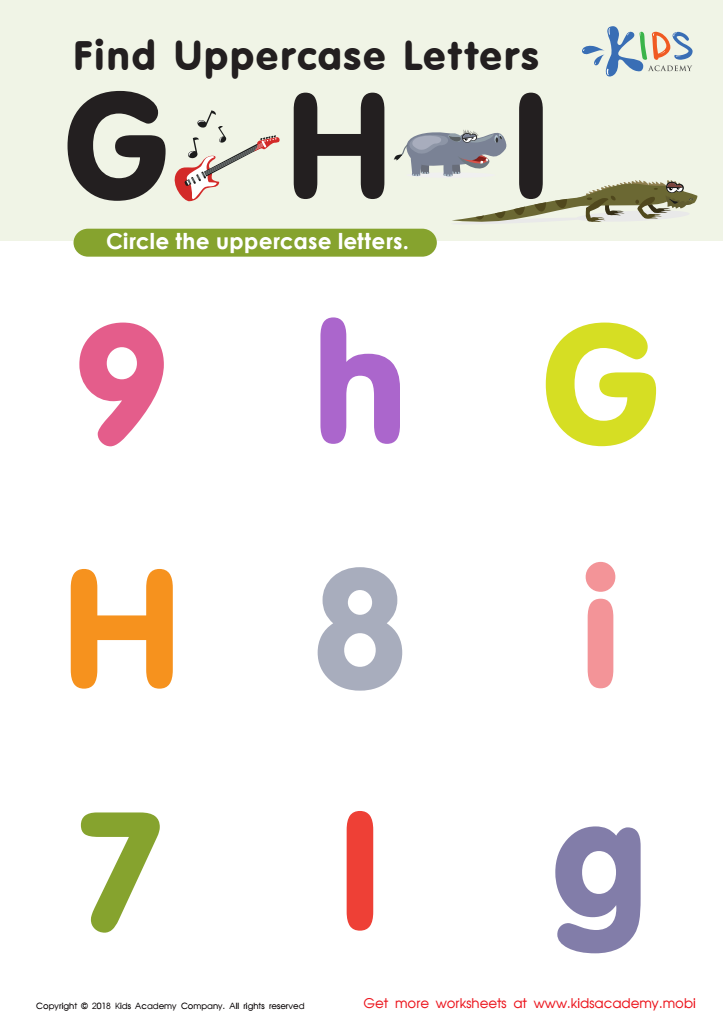

Find Uppercase Letters G, H, and I Worksheet
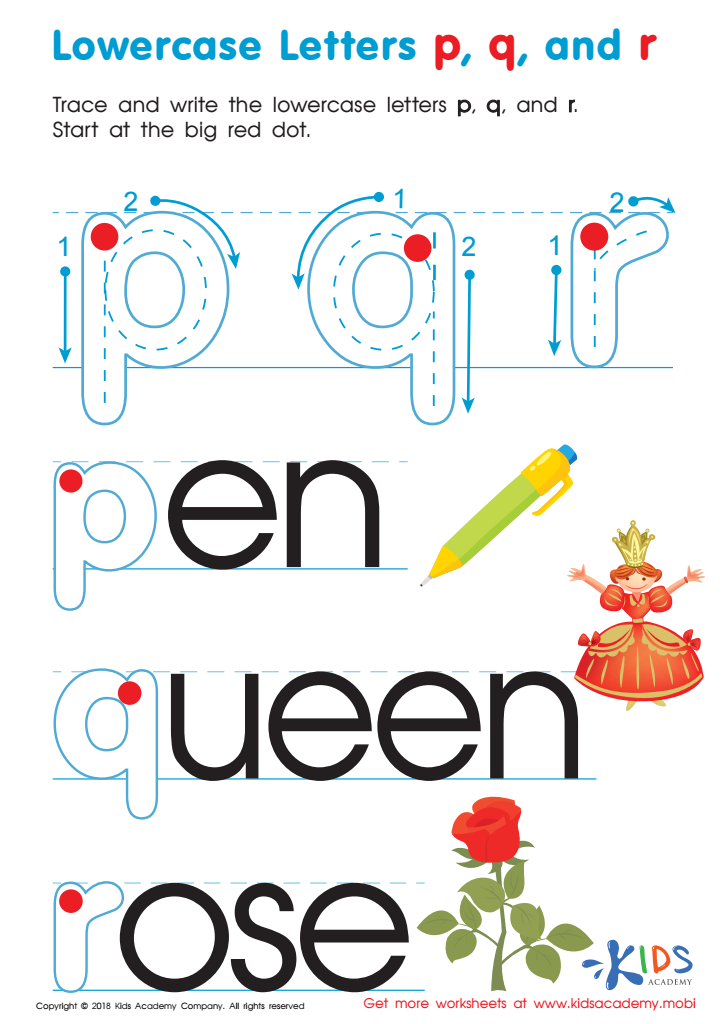

Lowercase Letters p q r Worksheet
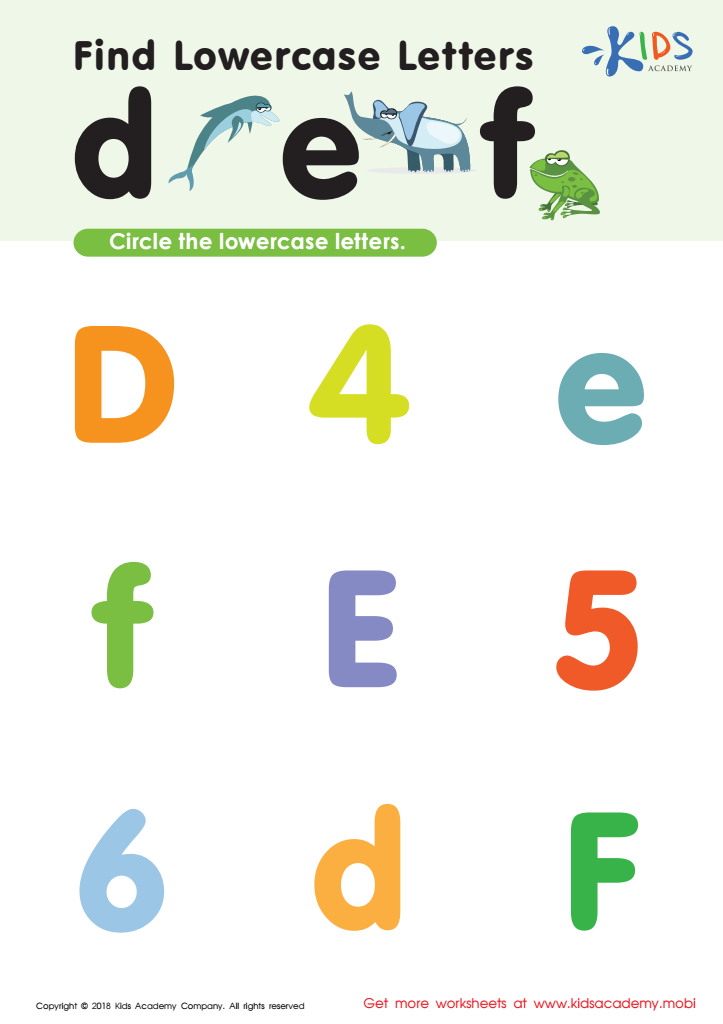

Find Lowercase Letters d e f Worksheet


Letter H Tracing Page
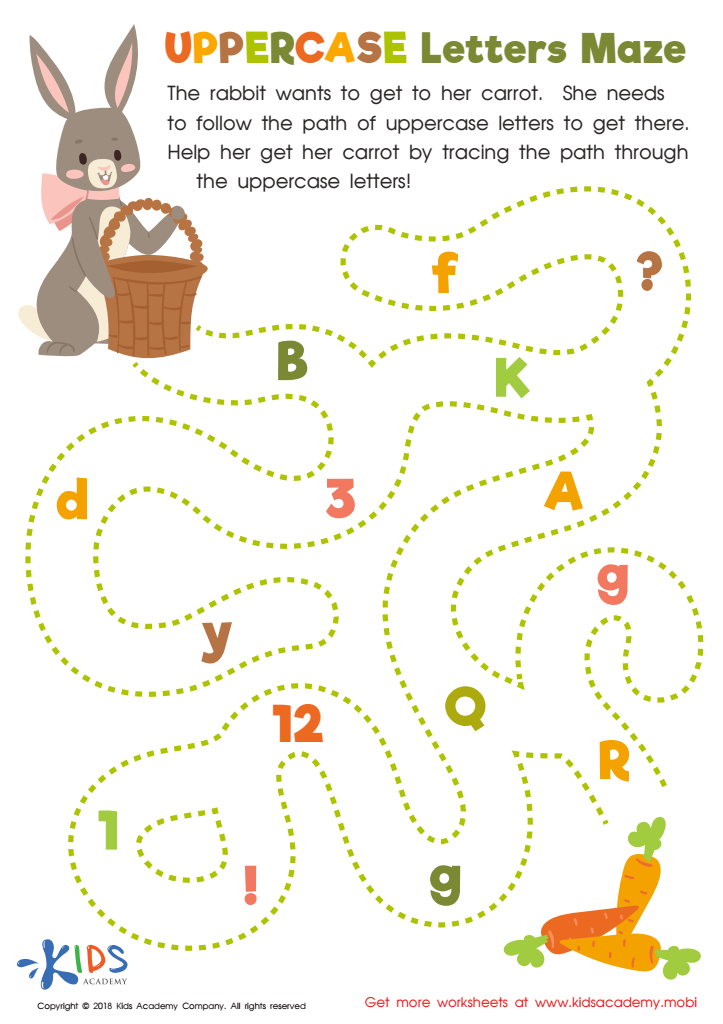

Uppercase Letters Maze Worksheet
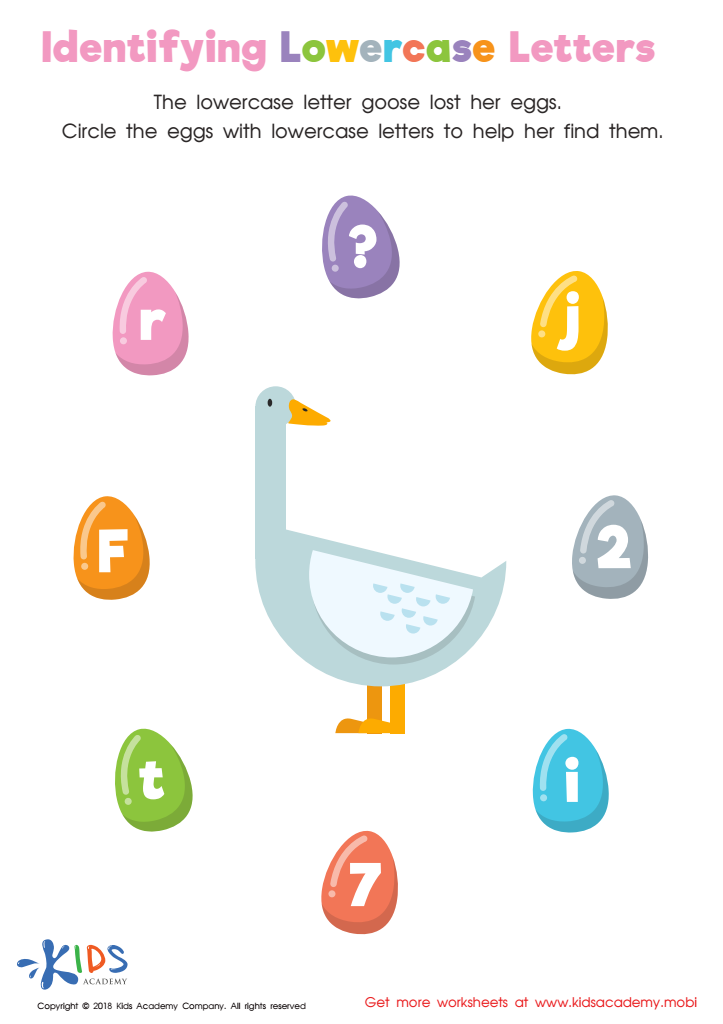

Identifying Lowercase Letters Worksheet
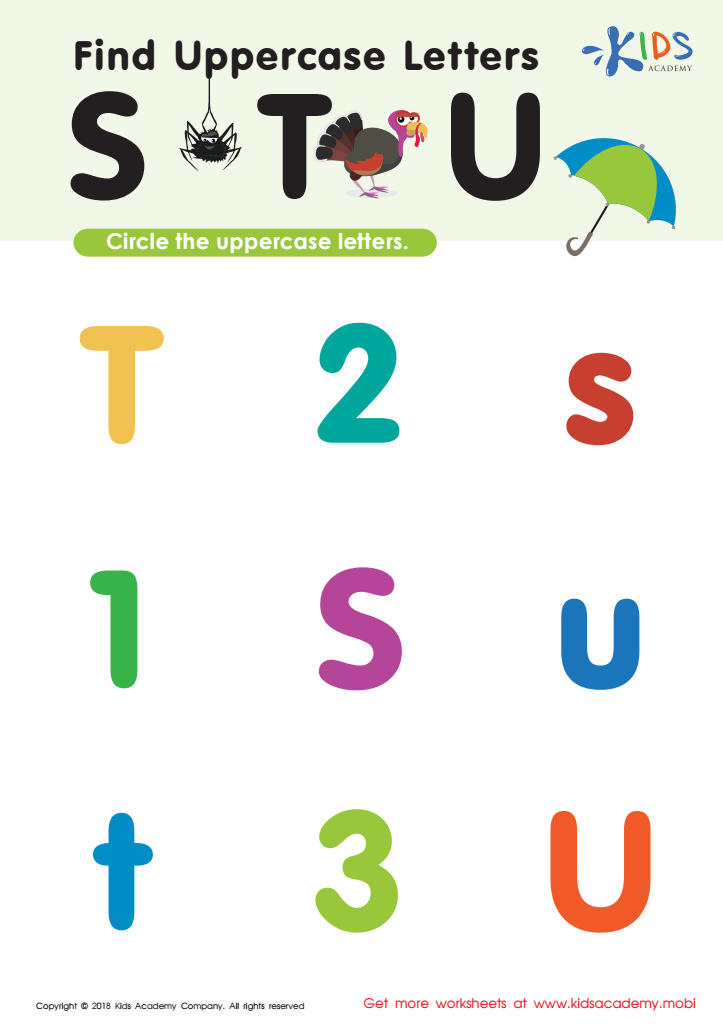

Find Uppercase Letters Worksheet
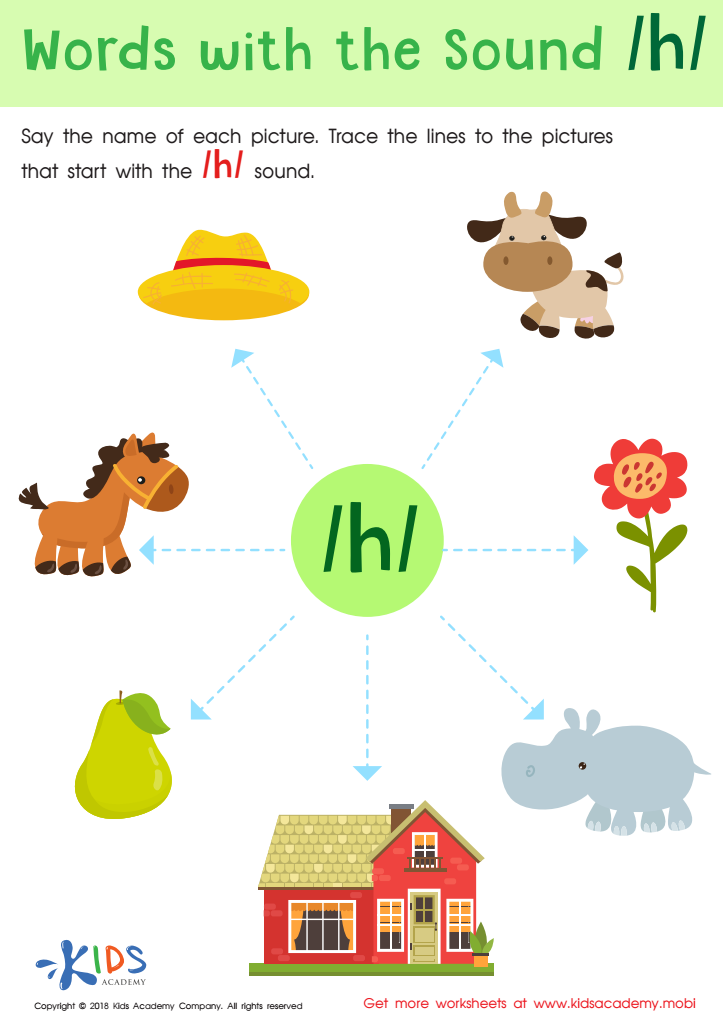

Words with sound h Reading Worksheet
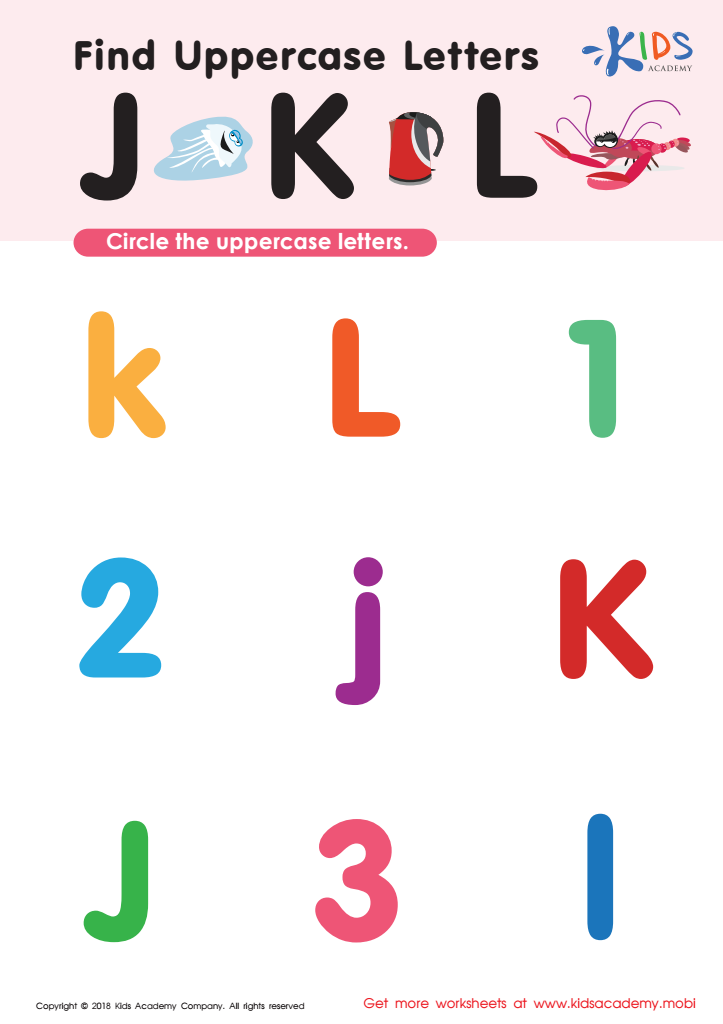

Find Uppercase Letters J, K, and L Worksheet
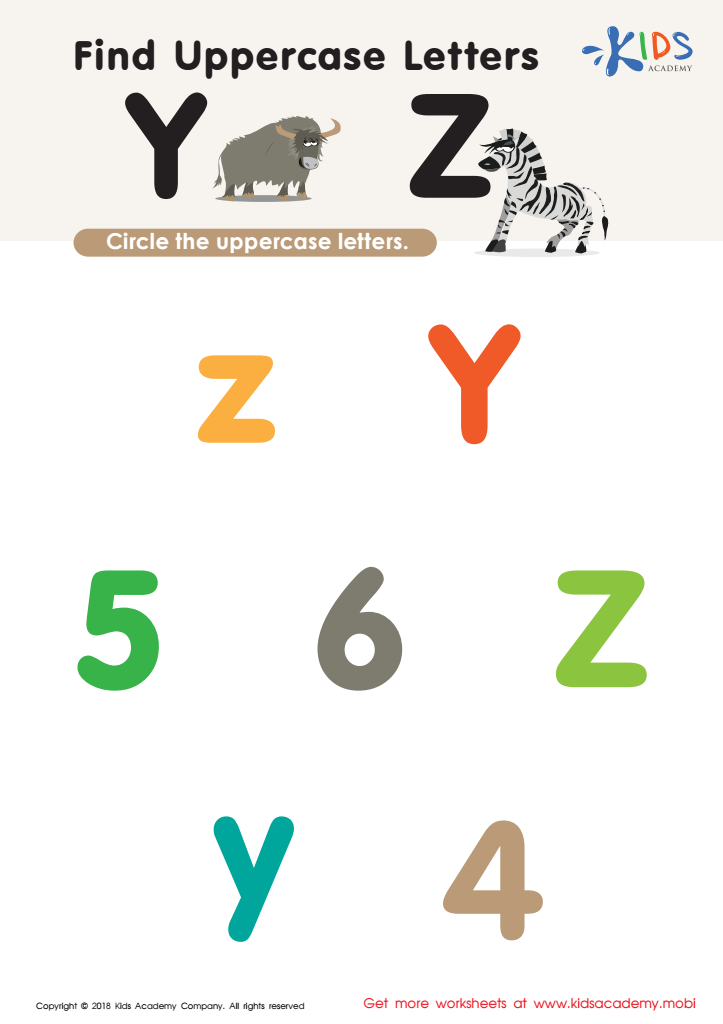

Find Uppercase Letters Y Z Worksheet
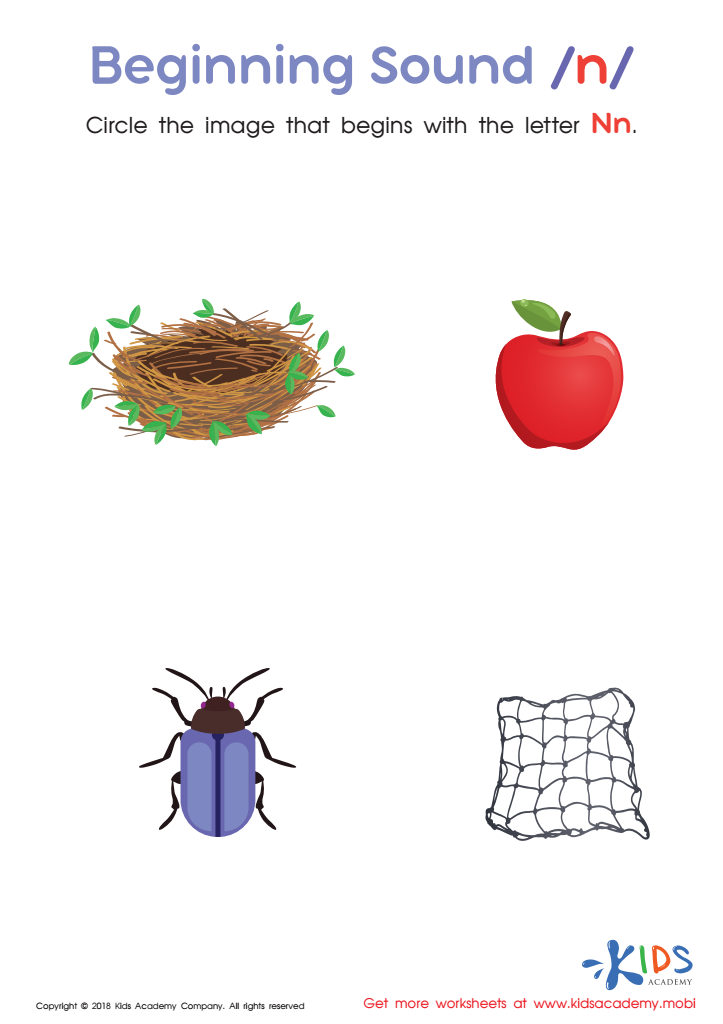

Beginning Sound «n» Worksheet
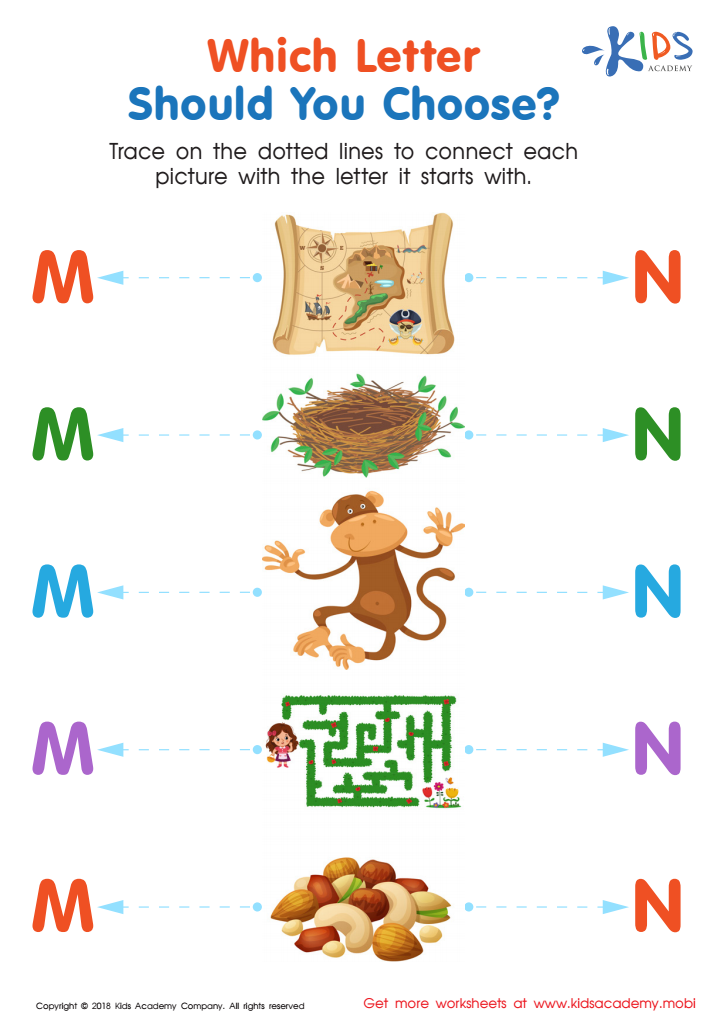

Which Letter Should you Choose? Worksheet
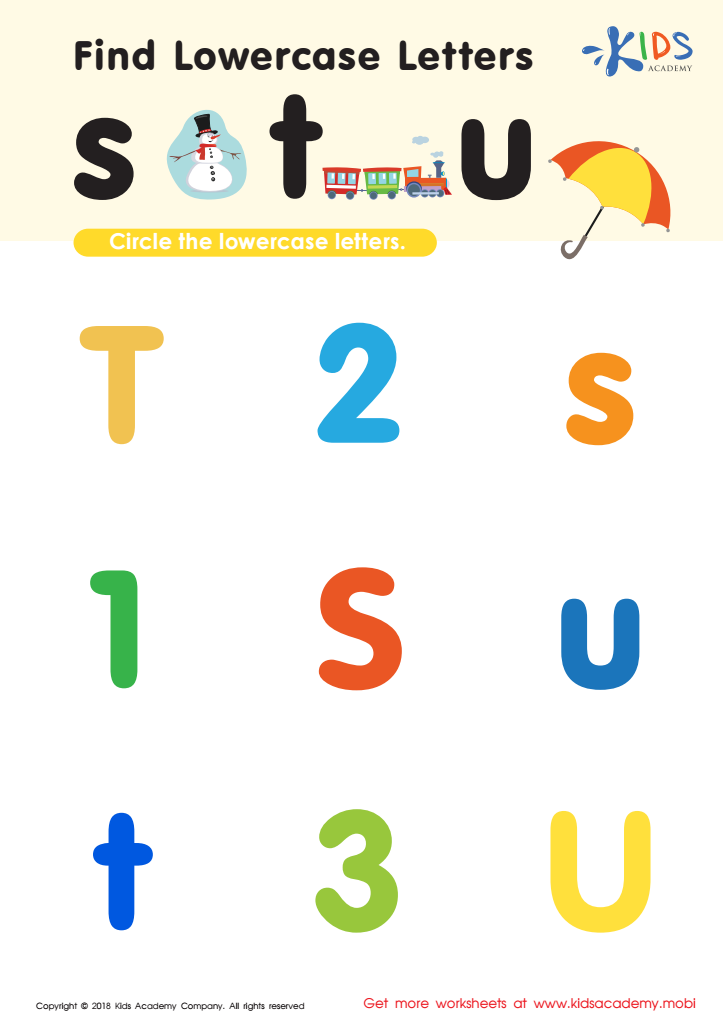

Find lowercase Letters s t u Worksheet
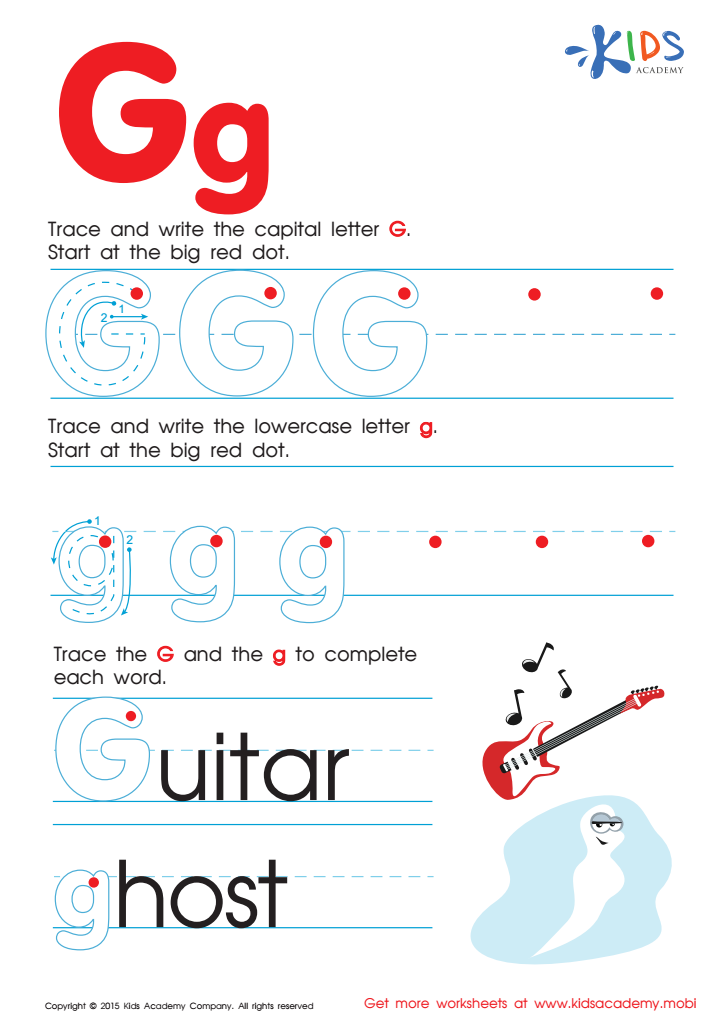

Letter G Tracing Page
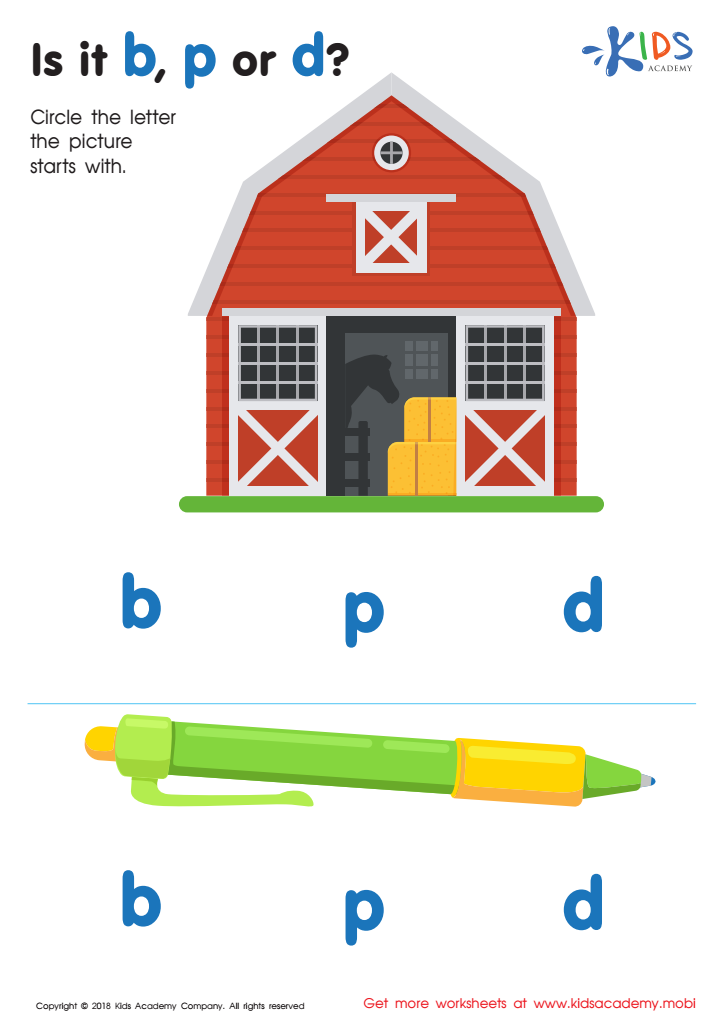

Is it b, p or d? Worksheet
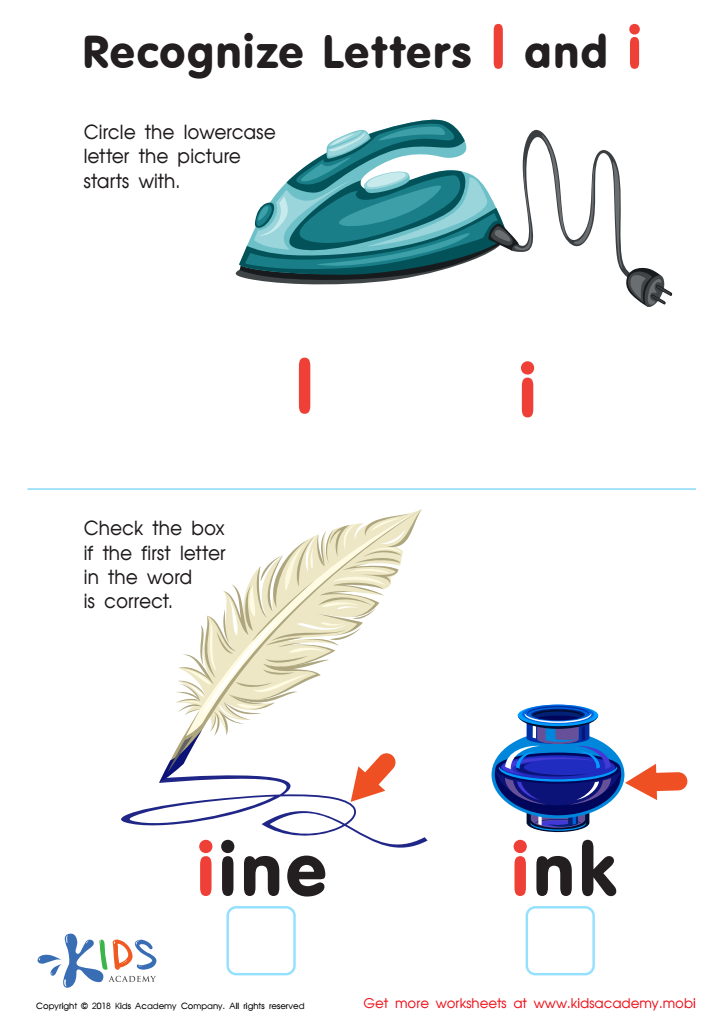

Recognize Letters l and i Worksheet
Letter recognition is a fundamental building block for young learners, particularly for children aged 6-8. It forms the foundation upon which reading and writing skills are built. At this age, recognizing letters of the alphabet enables children to begin understanding the relationships between sounds and letters, a crucial step in phonics education.
For parents and teachers, fostering letter recognition helps children decode words, improving their reading fluency and comprehension. As children become more comfortable identifying letters, they can more easily match them to their corresponding sounds, which enhances their spelling and vocabulary skills. These basic literacy skills are critical for academic success across all subjects, including math, science, and social studies.
Early mastery of letter recognition also contributes to a child's confidence and enthusiasm for learning. When children can readily recognize letters, they experience less frustration and more enjoyment in reading activities. This positive experience can cultivate a lifelong love of learning and intellectual curiosity.
Additionally, adults who actively engage children in fun and interactive activities that promote letter recognition, such as games, storytelling, and crafts, also support their cognitive development and fine motor skills. Ultimately, investing in letter recognition opens doors to wider communication skills, self-expression, and access to the diverse world of knowledge and imagination found in reading.
 Assign to My Students
Assign to My Students

















